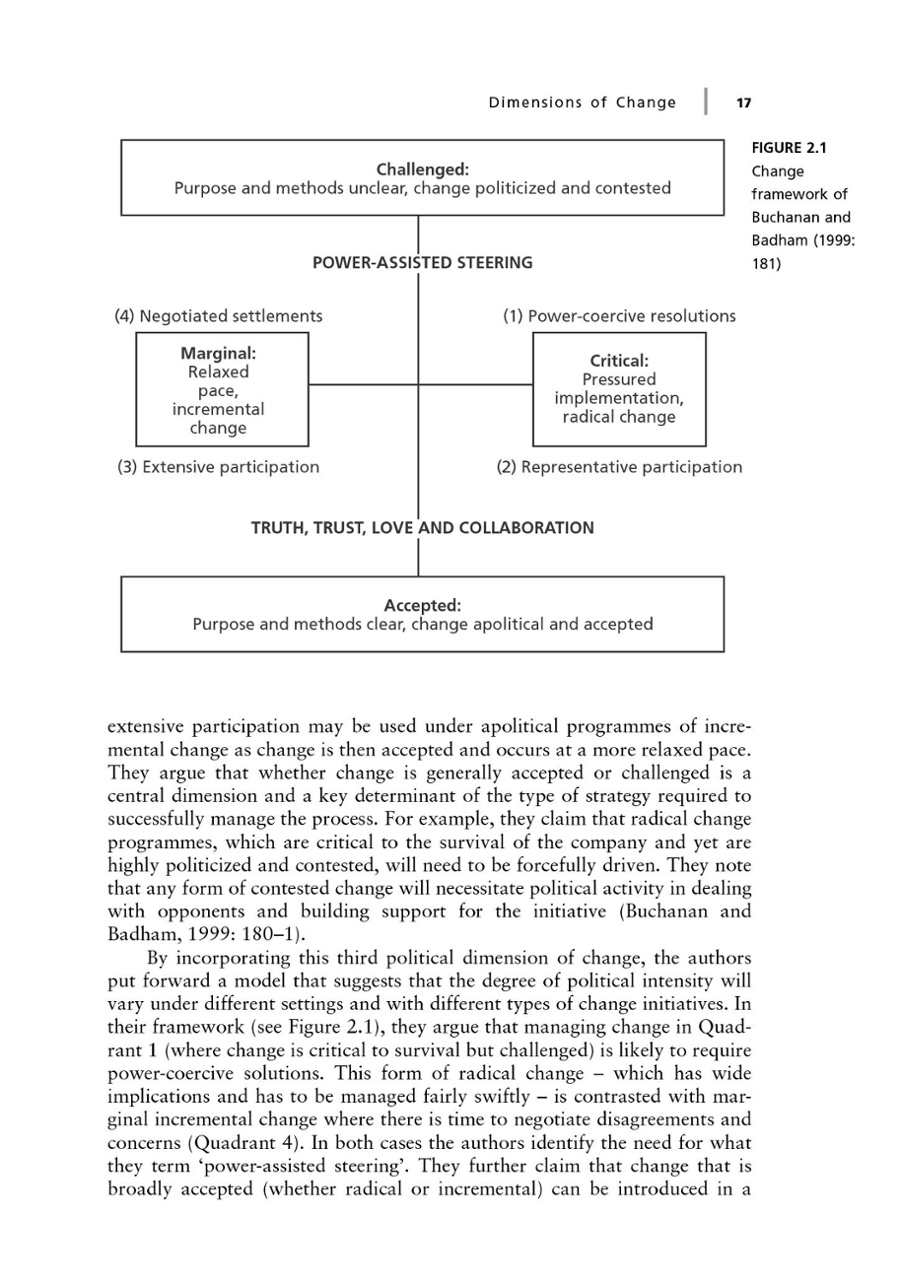Understanding the Opposite of Attraction: Exploring Repulsion in Relationships
#### Introduction to the Opposite of AttractionThe term "opposite of attraction" refers to the concept of repulsion, which can manifest in various forms wit……
#### Introduction to the Opposite of Attraction
The term "opposite of attraction" refers to the concept of repulsion, which can manifest in various forms within interpersonal relationships. While attraction often brings people together, repulsion can create distance, tension, and conflict. Understanding the dynamics of repulsion is essential for navigating the complexities of human relationships, whether they are romantic, platonic, or professional.
#### The Psychological Basis of Repulsion
Repulsion can stem from several psychological factors. One primary reason is the clash of values or beliefs. When individuals hold fundamentally different views on important issues, such as politics, religion, or lifestyle choices, it can lead to feelings of discomfort and aversion. This psychological dissonance can create a barrier that prevents meaningful connections from forming.
Additionally, past experiences play a crucial role in shaping our perceptions and reactions. If someone has been hurt or betrayed in the past, they may develop a subconscious aversion to certain traits or behaviors in others. This learned behavior can manifest as an instinctive repulsion, making it difficult for them to engage with individuals who exhibit those traits, even if those individuals mean no harm.
#### Social and Cultural Influences on Repulsion
Cultural norms and societal expectations also contribute to the feelings of repulsion. In many cultures, certain behaviors or lifestyles are stigmatized, leading to a collective aversion to those who embody them. This social conditioning can create an environment where individuals feel compelled to distance themselves from others who do not conform to accepted norms.
.jpg)
Moreover, social media amplifies these feelings by creating echo chambers where people only interact with those who share their views. This can intensify feelings of repulsion toward those with differing opinions, further isolating individuals and fostering a lack of understanding and empathy.
#### Recognizing the Signs of Repulsion
Identifying the signs of repulsion is crucial for addressing issues within relationships. Common indicators include:
- **Body Language**: Closed-off body language, such as crossed arms or avoiding eye contact, can signal discomfort and aversion.
- **Communication Patterns**: A lack of engagement in conversations, short responses, and an overall disinterest in the interaction can indicate feelings of repulsion.
- **Emotional Responses**: Feelings of irritation, frustration, or anxiety when interacting with a particular person can also be signs of repulsion.

Recognizing these signs allows individuals to reflect on their feelings and consider whether they stem from valid concerns or are based on preconceived notions.
#### Addressing and Overcoming Repulsion
To foster healthier relationships, it is essential to address feelings of repulsion constructively. Here are some strategies:
1. **Self-Reflection**: Take time to reflect on the root causes of your feelings. Are they based on past experiences, cultural conditioning, or misunderstandings? Understanding the "why" behind your feelings can help you process them more effectively.
2. **Open Communication**: If possible, engage in honest conversations with the person you feel repulsed by. Expressing your feelings can create an opportunity for understanding and resolution.
3. **Empathy and Understanding**: Make an effort to see things from the other person's perspective. Practicing empathy can help dismantle preconceived notions and foster connection.

4. **Seek Professional Help**: If feelings of repulsion significantly impact your relationships, consider seeking guidance from a therapist or counselor. They can provide valuable insights and coping strategies.
#### Conclusion
Understanding the opposite of attraction—repulsion—can be a transformative journey in personal and interpersonal growth. By recognizing the psychological, social, and cultural influences that contribute to these feelings, individuals can take proactive steps to address and overcome them. Ultimately, fostering empathy and open communication can pave the way for healthier, more fulfilling relationships, allowing us to bridge the gaps created by repulsion and embrace the connections that truly matter.